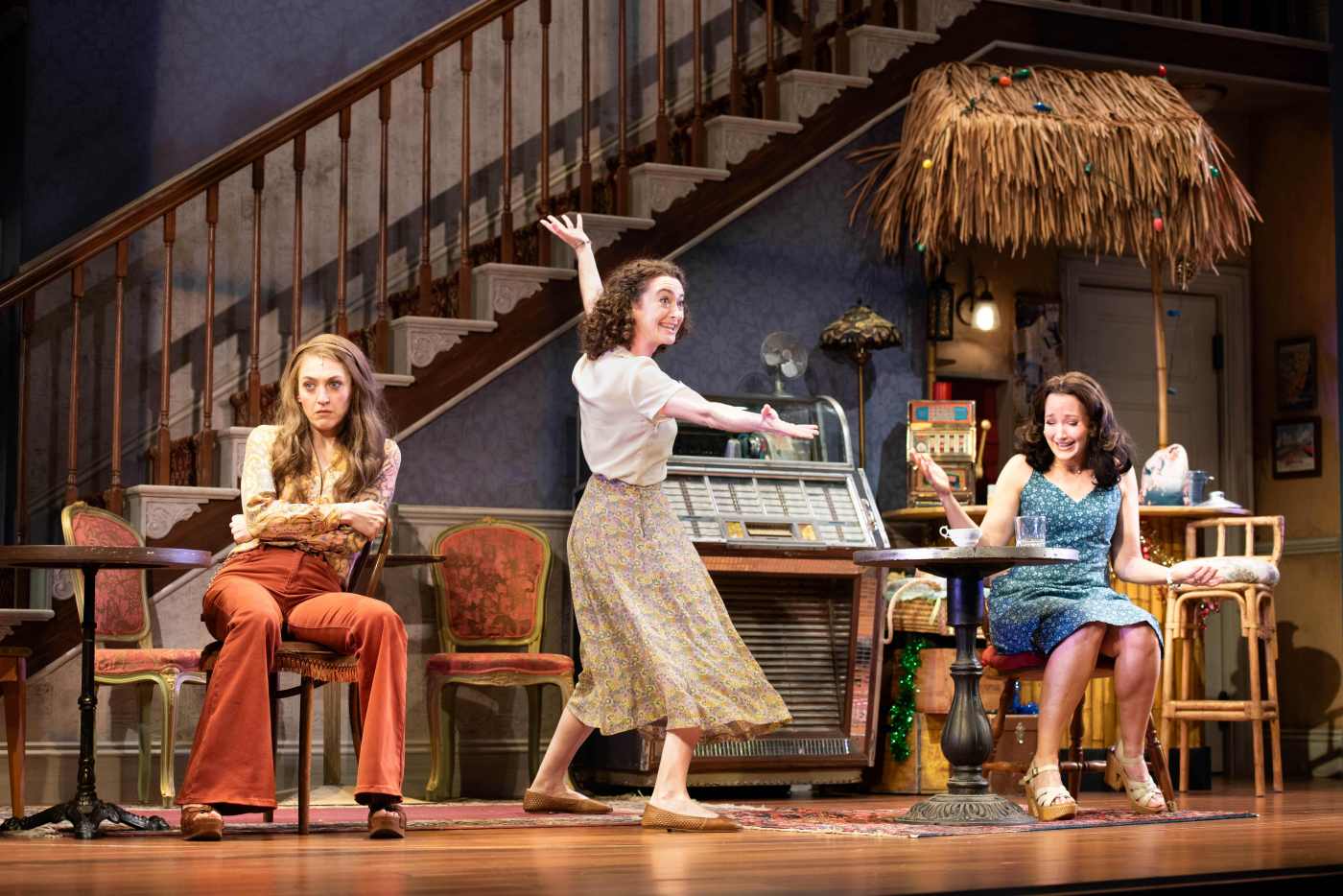Jazz is an omnivorous art form that has absorbed a succession of global influences, from Brazil and Cuba to India and Bulgaria. But the most recent movement adding a jolt of creative energy to the scene is powered by a rising generation of Native American musicians.
Bassist, vocalist, songwriter and composer Mali Obomsawin, a citizen of the Odanak First Nation in central Quebec, is in the thick of the creative ferment, both as a member of vocalist Julia Keefe’s Indigenous Big Band and as a bandleader in her own right. She returns to the Bay Area with her trio to perform her score for the 2024 National Geographic documentary “Sugarcane,” which screens Friday at Stanford’s Bing Concert Hall and Saturday at the Freight in Berkeley.
“It is a new era, an Indigenous renaissance, and it’s so exciting to be part of it,” Obomsawin said in a recent call from her home in Brooklyn. “It’s amazing to step forward in a way that’s not codified by stereotypes, asserting ourselves in a way that’s authentic and allows the world to see us in a real way.”
Obomsawin’s score accompanies Julian Brave NoiseCat’s and Emily Kassie’s documentary investigating the history of abuse at Indian residential schools in Canada, a system that became compulsory in 1894. The experience is very much in living memory, as the last federally funded school closed in 1997.
While “Sugarcane” details fraught stories about children taken from families and denied access to their language and traditions, Obomsawin’s score resists telegraphing emotional responses for the audience.
“In my culture you often listen a lot more than you speak,” she said. “We’re responding to the images, the vast expanses of this gorgeous land. In a way the land is holding this truth being delivered by the characters.
Much like the film lingers on the cold northern landscape, Obomsawin’s music is laced with portentous silences and unresolved harmonies. For the Bay Area performances she’s joined by Boston guitarist Magdalena Abrego, a regular collaborator, and Japanese-born, New York-based wind player Yuma Uesaka.
Inspired by free jazz and folk music, she created a vivid, often haunting soundscape partly inspired by Neil Young’s score for Jim Jarmusch’s hallucinogenic Western “Dead Man.”
“Young improvised the whole thing, performing it to the film itself,” she said. “For our live performance, we’re improvising too. There are compositional elements. We’ll have some structure, creating music conversation with each other and the characters.”
If Obomsawin’s name looks familiar, it’s probably because she has considerable South Bay connections. Her grandfather was a jazz mandolinist who toured widely with Roland and His Lively Boys. Her father is guitarist Tom Obomsawin, who grew up in San Jose and worked around the region in several bands, including Free Beer.
While now based in New England, “he was in San Jose for quite a while, deeply embedded in the scene,” she said. “He was a regular at Kuumbwa.”
She got her start on the Boston folk music scene in the trio Lula Wiles, which came together about a decade ago while the three women were students at Berklee. Obomsawin prefers not to talk about the group now, but it was rapidly gaining traction recording for Smithsonian Folkways when they disbanded.
These days she leads a roots rock combo Deerlady with Magdalena Abrego, while her Xtet has become her primary vehicle for exploring free jazz and Native American music. For Obomsawin, the oral jazz traditional represents another tree in the folk music forest.
“I grew up in a place with a lot of traditional fiddle music, community music where you pull up a chair and play by ear,” she said. “At 14 I went to a jazz camp led by avant-garde musicians from Brooklyn who introduced me to Ornette Coleman and Albert Ayler and that left wing of 1960s and ‘70s jazz. We played that and it felt like folk music to me. The deeper I dig in the more I feel validated.”
As a bassist, she’s well equipped to navigate through seemingly divergent musical settings. Whether she’s in moody singer/songwriter mode, holding down a fierce groove, or spontaneously composing a spacious, ambient score, Obomsawin sees her music as an assertion of Indigenous identity and part of jazz’s mandate for self-expression.
“Indigenously, we step forward into this circle of the people who care about this music and what’s most important is delivering authentically what you have to say,” she said. “It goes back to the beginning, to Louis Armstrong. You need to make sure people know who you are.”
Contact Andrew Gilbert at [email protected].
MALI OBOMSAWIN
When & where: 7:30 p.m. Nov. 7 at Bing Concert Hall, Stanford University; $16-$59.40; live.stanford.edu; 8 p.m. Nov. 8 at Freight & Salvage, Berkeley; $24-$44; thefreight.org
“Christy”: David Michôd’ uncluttered biopic doesn’t try to bend the parameters of what the genre can do, adopting a straight-ahead approach for recreating the life and career of boxer Christy Martin (played with a raw authenticity that sears the screen by Sydney Sweeney). It’s the right approach. By sticking to a traditional, linear fashion, the “Animal Kingdom” director makes Martin’s journey all that more powerful, inspiring and shocking – with a final sequence that hits so hard you’ll be left staggered and shell shocked. Born and raised in a conservative West Virginia household, Martin was a gifted, tough athlete from the start. Boxing sort of found her and she went on to win and win. Her queerness, though, got rejected by her parents (Merritt Wever channeling a withering scorn and a pious look that is cold and unnerving). Martin catches the attention of a volatile, squid-like manager/trainer James Martin (Ben Foster in a powderkeg of a performance) whom she later marries and then is abused by. Michôd’s film does suffer from a bloated running time and has some pacing problems, but it makes up for that with a slew of smart moves, such as steering the camera away from domestic abuse and letting the sounds sink in and occupy our minds. Sweeney all but disappears into the role (she looks and feints like a true boxer) and commands our attention in every scene – particularly in the film’s final act. By the time “Christy” draws to a close you too will be filled with admiration for the real-life Christy Martin. (3.5 stars, opens Friday in area theaters)





